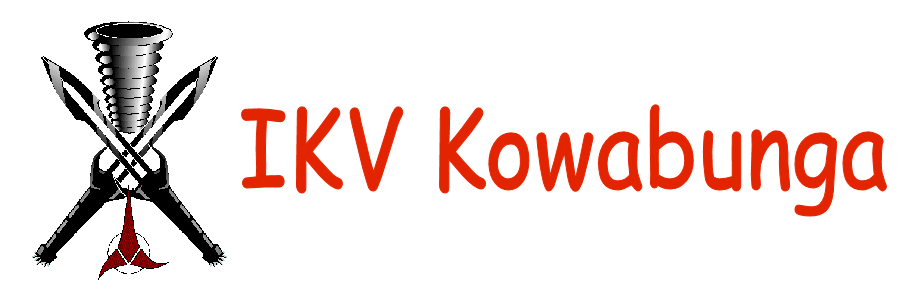During the summer of 2010, I went to WesterCon in Pasadena with my family. while I was there I had the pleasure of meeting the brothers Dani and Eytan Kollin, the authors of The Unincorporated Man. Although it took me a while to get around to reading their first novel, I finally did.
The basic backdrop is a future Earth (and solar system) set approximately 300 years from now, after what the authors describe in their book as the Great Collapse, an economic depression that makes the Great Depression look mild. Into this future wakes a man of the early 21st century (our contemporary) named Justin Cord, and he finds himself to be a bit of a stranger in a strange land (apologies to RAH, but it is an accurate description). All of humanity is individually incorporated, not just the business constructs like American Express, etc. And the government automatically owns 5% of you.
Technology has also taken off, especially nanotech, which not only extends lifespans, but also allows people to maintain youthful vigor and appearances. It can also be used as a deadly weapon, as seen in several points in the novel.
Cord wakes up and is almost immediately forced to incorporate, but is smart enough to not sign the documents that would bind 20% of his life to a major corporation that smells profits without knowing which end is up. This sets up a long term conflict with his main antagonist (and nemesis), Hektor Sambianco. Sambianco is a conniving and plotting lawyer with grand plans of his own.
The plot weaves around Cord’s varied attempts not only avoiding being forced to incorporate, but to break the system that the human race has grown used to. Cord (rightfully) compares it to slavery, as people are unable to make a lot of their own choices until they reach majority control of their stock issue, a thought Cord (and a minority of people) hold.
The concept of self-incorporation as the means of binding society is an interesting concept. Kind of made me think of some of the futuristic societies that Heinlein painted (think of Beyond This Horizon or, better still, The Moon is a Harsh Mistress). It is a creative futuristic society that I found quite intriguing.
Self-incorporation as an allegory for slavery worked, as people are manipulated to do things they would rather not do, or into undesirable situations (like psyche audits) due to a lack of control of their personal stock. They view taxes as a great evil (who doesn’t, albeit a necessary evil) and prefer to just give 5% of their stock (and their livelihood) directly to the government. Their parents also own 20%. The rest is sold off in bits and pieces in order to acquire an education, skills, or for whatever frills may tickle their fancy (losing one’s virginity is one example that appears in the novel). The corporate executives, the powers that be, are able to arrange for assassinations with near impunity. People who can afford it higher their own personal security to reduce this risk.
Overall I found The Unincorporated Man to be an intriguing take on a future society with a fair amount of conflict and political intrigue and well worth the read. The Kollin Brothers won the Libertarian Futurists Society’s Prometheus Award in 2010 for The Unincorporated Man.
